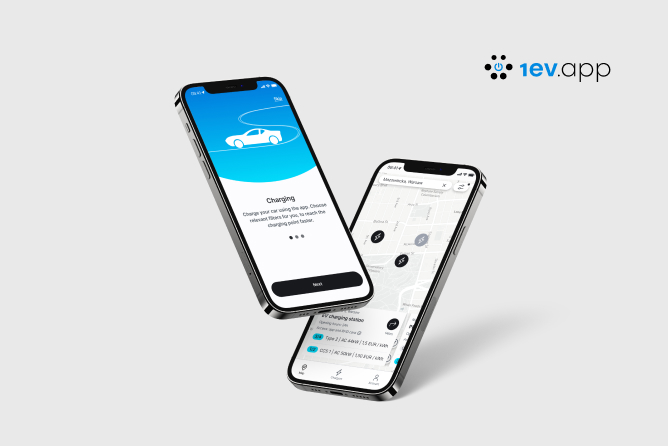AI is changing the way we build software
Artificial Intelligence (AI) is increasingly transforming how we approach software development. What was once limited to data analytics or process automation is now becoming an integral part of every stage in the development lifecycle – from writing code and testing to optimization and infrastructure management. As AI capabilities grow, developers and tech teams gain powerful tools that significantly enhance productivity and code quality.
AI as a coding assistant
Code generation is one of AI's most obvious applications in software development. Tools like GitHub Copilot and Amazon CodeWhisperer can predict what a developer is about to write and suggest entire code snippets. Thanks to large language models that understand context, developers can prototype functions faster, learn new technologies more easily, and avoid repetitive tasks. Importantly, AI doesn’t just autocomplete syntax – it also offers suggestions based on best practices, improving both efficiency and code quality.
Code refactoring and optimization with AI
AI is also useful for code refactoring and performance optimization. Instead of manually reviewing large codebases, developers can rely on algorithms that detect inefficiencies, duplicated code, or overly complex structures. This makes it easier to maintain clean, scalable code – especially in large or long-term projects.
AI-powered testing and debugging
Another area where AI proves its value is testing. AI can automatically generate unit tests based on source code or documentation. It can also analyze logs and error messages, helping developers pinpoint bugs faster. More advanced AI systems are even able to predict which parts of the application are most likely to fail, based on historical data and usage patterns.
AI in DevOps and project management
AI also plays an important role in DevOps and project management. More and more companies are implementing AI-driven systems that predict delivery delays, automate CI/CD pipelines, and dynamically scale infrastructure as needed. Platforms offering AIOps – such as those from Google Cloud or AWS – can detect anomalies, analyze performance, and react to incidents in real time, often before users notice any issues.
More and more businesses are choosing to build custom AI-based solutions to support not only development teams, but also entire operational processes. If you're considering implementing data- and AI-driven tools tailored to your business needs, check out our Data & AI development services.
Conversational assistants and developer support
Conversational AI tools such as ChatGPT, Claude, and Code Llama have become valuable resources for developers. These assistants enable users to ask questions in natural language, analyze code, generate database queries, or even build APIs from plain-text descriptions. This type of interaction is reshaping how developers learn, collaborate, and troubleshoot – making the development process more intuitive and accessible.
Potential risks and limitations
Despite all the benefits, AI still has limitations. It can produce code that looks correct but contains logical errors or security vulnerabilities. Large language models can “hallucinate,” so generated code must always be reviewed and tested. Legal and privacy concerns should also be considered – not all AI tools guarantee full data security or GDPR compliance, especially when operating in the cloud.
The future of AI in software development
Looking ahead, AI will not only support developers but also become an active partner in designing and delivering software. Autonomous AI agents are already being developed to plan tasks, implement features, and run tests without human input. This shift has the potential to dramatically change how software is built – making the process faster, more flexible, and increasingly automated.
AI is a partner, not a replacement
AI in software development is not a passing trend – it represents a fundamental change in how we think about programming. When implemented thoughtfully, AI boosts team productivity, shortens time-to-market, and improves product quality. However, it’s not the technology itself that guarantees success – it's how we use it. AI should be seen as a partner, not a replacement, enhancing human creativity where automation brings the most value.









.jpg)
.jpg)


.jpg)
.jpg)

.jpg)
.jpg)

.jpg)

.jpg)
.jpg)
.jpg)

.jpg)
.webp)

.webp)


.jpg)









.webp)


.webp)






























.webp)





.webp)



.webp)


.webp)



.webp)














.webp)